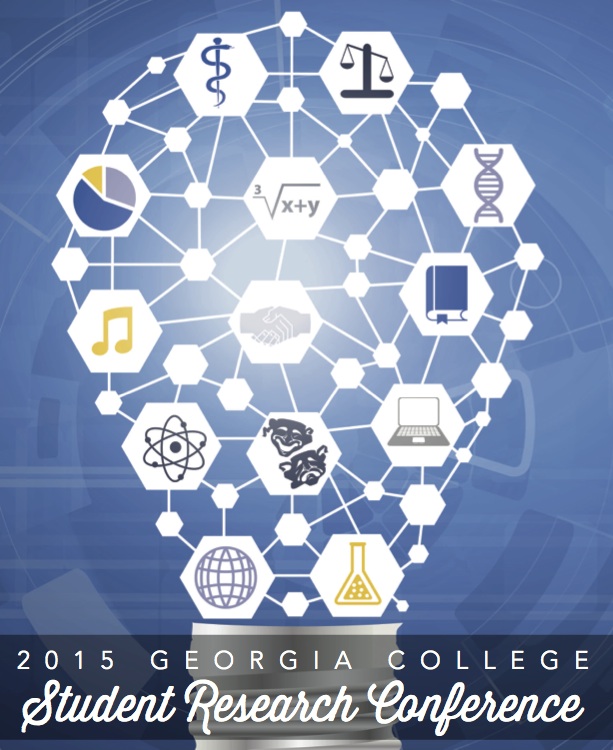ENGAGEing In Lesson Study
Abstract
During this session we will describe our experiences engaging in a Lesson Study with a local community school. A Lesson Study is a professional development process for teachers in which they collaborate and research effective ways of teaching and learning mathematical concepts. In our case, as four pre-service teachers, we collaborated with an in-service teacher, a local community school, and three Georgia College professors to better understand the teaching and learning of functions. Following an adapted Lesson Study Cycle, two of the pre-service teachers acted as the instructors while the other two acted as the observers, switching roles for the implementation of the revised lesson. The first lesson was constructed solely based on research. The second lesson was based on our interactions with students, feedback from the Georgia College professors and the in-service teacher, our post-lesson discussion between the pre-service teachers, and additional research. By engaging in this study we were able to learn mathematics in a deeper way, how to listen and be responsive to students, and how to integrate research and practice.
Session Name:
SPOTLIGHT PANEL: ENGAGE
Start Date
10-4-2015 10:15 AM
End Date
10-4-2015 11:15 AM
Location
HSB 304
ENGAGEing In Lesson Study
HSB 304
During this session we will describe our experiences engaging in a Lesson Study with a local community school. A Lesson Study is a professional development process for teachers in which they collaborate and research effective ways of teaching and learning mathematical concepts. In our case, as four pre-service teachers, we collaborated with an in-service teacher, a local community school, and three Georgia College professors to better understand the teaching and learning of functions. Following an adapted Lesson Study Cycle, two of the pre-service teachers acted as the instructors while the other two acted as the observers, switching roles for the implementation of the revised lesson. The first lesson was constructed solely based on research. The second lesson was based on our interactions with students, feedback from the Georgia College professors and the in-service teacher, our post-lesson discussion between the pre-service teachers, and additional research. By engaging in this study we were able to learn mathematics in a deeper way, how to listen and be responsive to students, and how to integrate research and practice.



